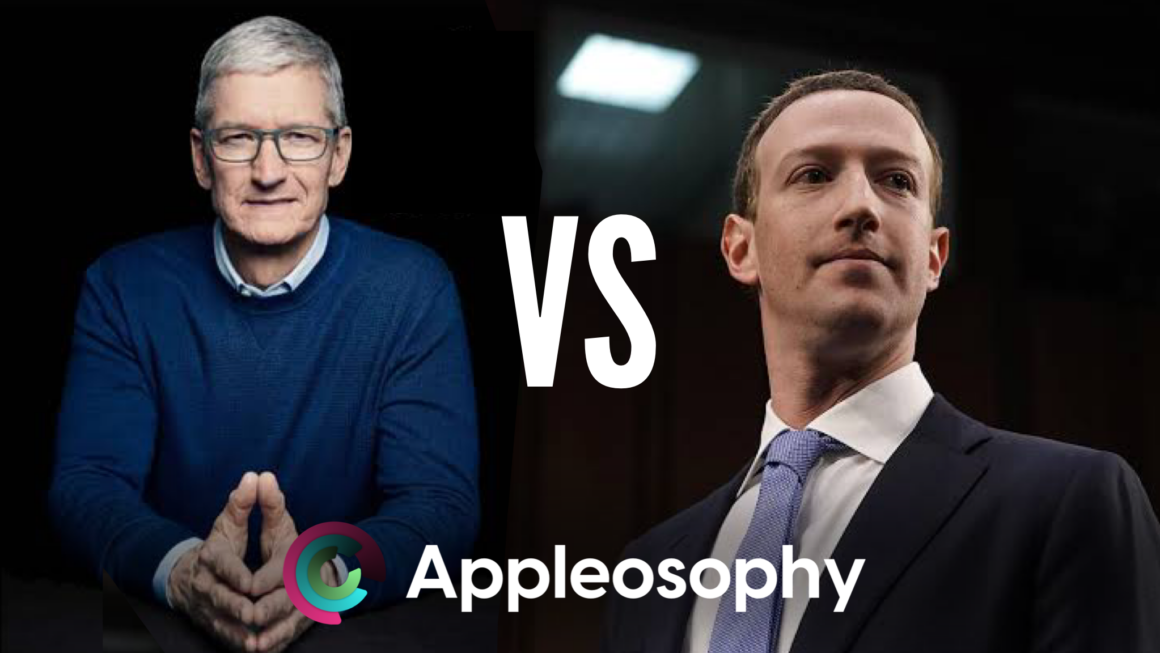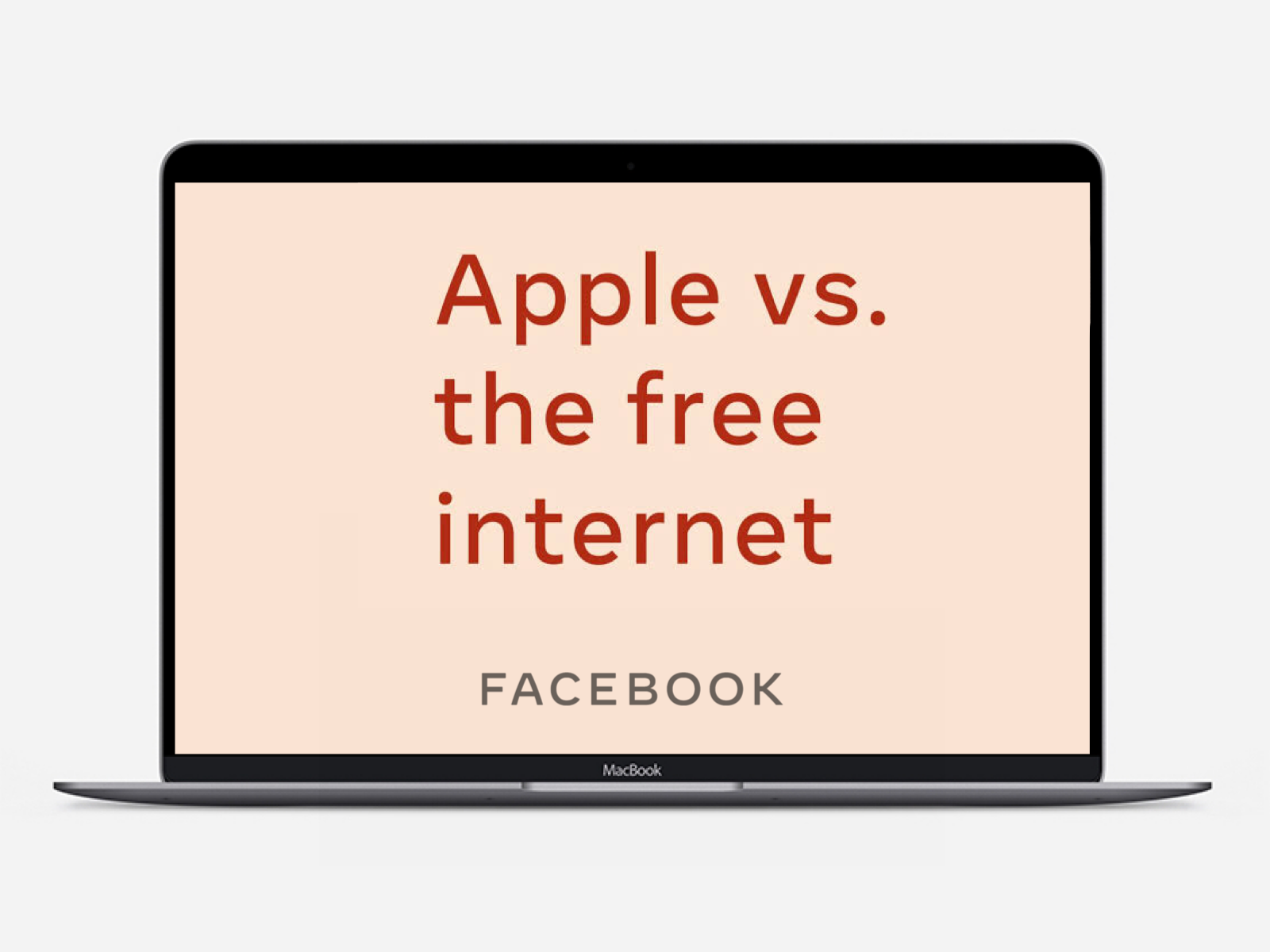Apple and Facebook’s rivalry is universally known. Both the companies have very conflicting ideologies, with Facebook’s entire business model relying on user’s data collection and trading it for targeted ads. While Apple’s more privacy focused business model has driven their iPhone sales for years now. Now Facebook is clapping back with some serious allegations and a full blown ad campaign.
The Backstory
This saga started earlier this year in June. At WWDC Apple announced it will be adding an option which will ‘ask apps not to track’ you across websites and other apps. This toggle could be turned on in iOS 14 when it would roll out to consumers. Originally planned to debut in iOS 14’s first public release, Apple has already delayed it by several months due to shared concerns raised by Facebook and others. If this option is enabled, an app cannot track your movement across sites, and cannot offer you targeted ads – the main reason behind Facebook’s wrath.Â
Facebook started out as a social media platform, with it changing gears as it became more mature. Facebook was quick to realise this untapped potential about ads within the app – the primary way Facebook earns its bread and butter. Over the years as it collected more data about its users, Facebook began printing money by selling this data. Targeted ads, also dubbed as ‘personalised ads’ enable companies like Facebook and its subsidiaries to offer social media services for ‘free’. As the wise would say, ‘nothing is really free in this world’Â
Companies can give Facebook money in exchange for their ads showing up within the app, and targeted towards the particular individual who might be interested in that product. This is predicted by Facebook’s excellent algorithm. The business model clearly works, and Facebook’s success has proved this.
The Good
Apple, a privacy first based company has doubled down on this take, with it showing users when their iPhone’s camera and microphone was accessed in the top right of their iPhones. Alongside this, users can now also see which websites were prevented from tracking you within websites, with Apple’s ‘Privacy Report’ listing out exact number, and the companies contacted by the website.
The point where Facebook’s concerns begin are the ‘Ask apps not to track’ feature. This gives users the switch to ruin Facebook’s data collection method by limiting the data they can track across websites.
What Facebook did
Facebook has launched an entire ad campaign, protesting against the feature, and taking Apple to court. They claim this will affect ‘small businesses’. The lack of targeted ads will result in ‘a 44 percent drop’ in discoverability and a ’60 percent earnings drop for every dollar they spend on advertising’. This does not mean small businesses’ revenue will contract by 60 percent. This means they can spend less on Facebook for roughly the same amount of discoverability. Ultimately meaning a significant drop in Facebook’s revenue. Facebook tries to hide this fact by putting forth the ‘small businesses’ aspect of the argument.Â
The Bad
Facebook also claims this move will disable social media websites primarily relying on this targeted ads based revenue model from offering ‘free’ services. Due to the contraction in the income, companies will require their platform to move to a subscription based model to sustain. This however is a very farfetched argument if you consider that the feature which prevents tracking is not even rolled out to users yet.Â
Apple’s iOS is taking user privacy seriously, and aims to take down anything and everything which invades privacy. Google’s double-click is also affected by this feature, however Google has not yet made any allegations against Apple & its practices.
The Reply
Apple CEO Tim Cook has replied to Facebook’s ad campaign on Twitter, all concluded in a single 250 character tweet. Apple says it gives users the option to ask apps to not track them, instead of turning it on by default. This consent-based tracking practice is what Facebook is opposing. Facebook knows that if users are given the choice to maintain their privacy and personal space in a digital world, users would never allow an app to track them.Â
We believe users should have the choice over the data that is being collected about them and how it’s used. Facebook can continue to track users across apps and websites as before, App Tracking Transparency in iOS 14 will just require that they ask for your permission first. pic.twitter.com/UnnAONZ61I
— Tim Cook (@tim_cook) December 17, 2020
Let us know your take on this on our Instagram and Twitter at @appleosophy.
Read more from us here.








